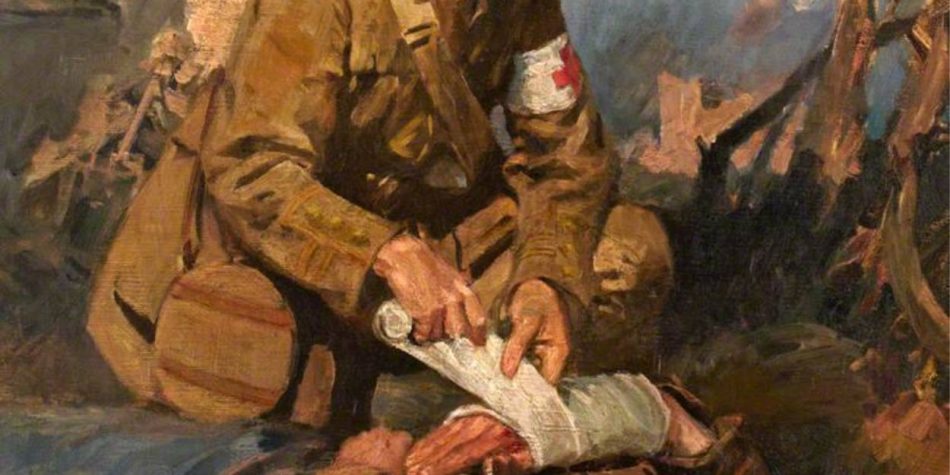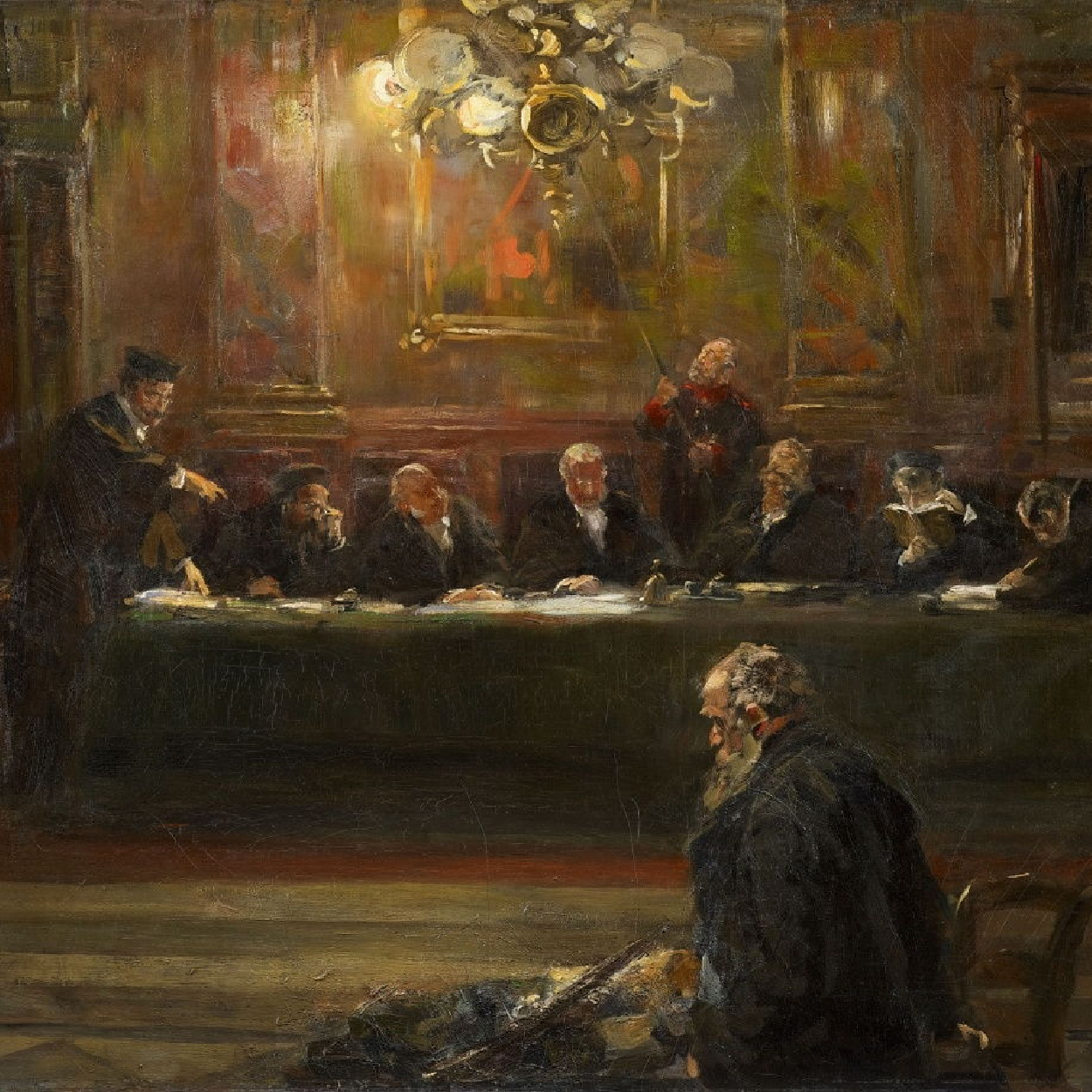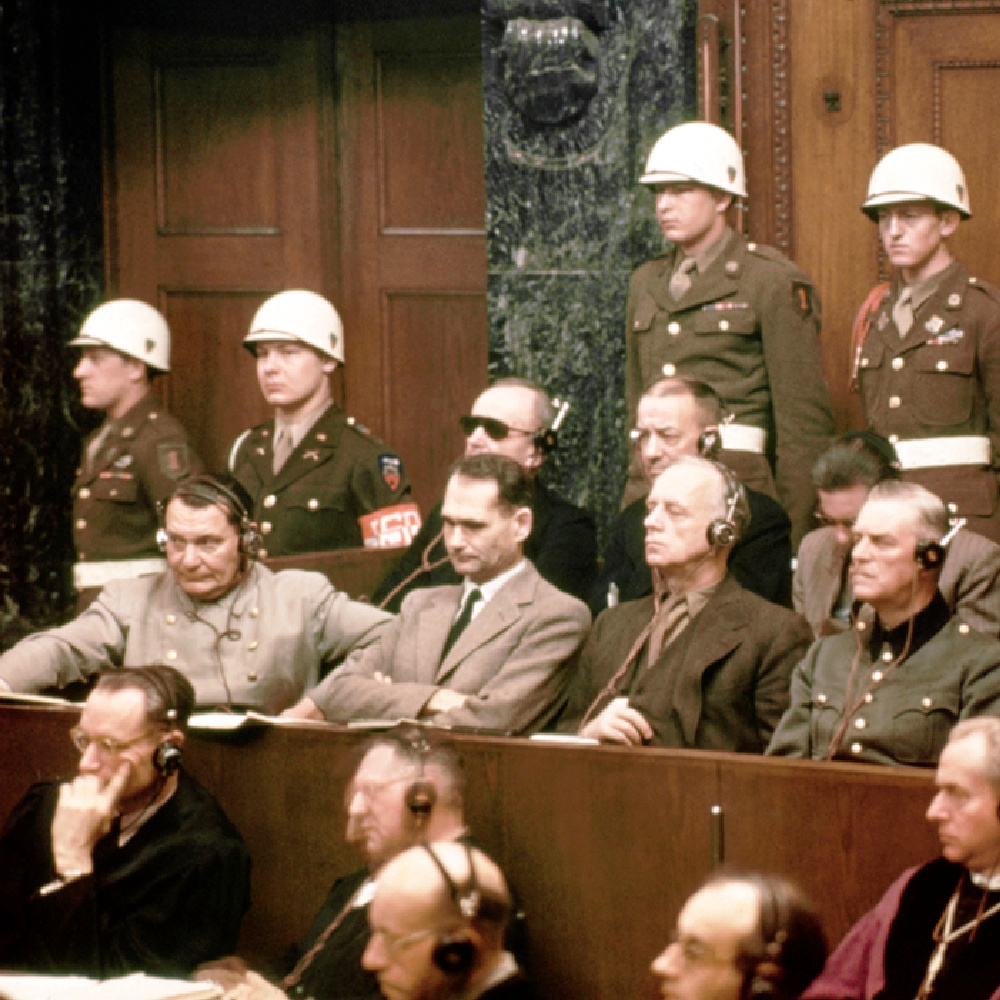Over the last few decades, it’s come to be taken for granted among many in American society that a cultural war is happening—and we need to participate in it. Christians have been some of the more willing participants in these cultural battles for many legitimate and understandable reasons. Could this trend also have caused some inadvertent consequences in how the general public sees people of faith?
Within my lifetime, religion has generally been perceived by the secular mainstream as a politically militant force: ‘It’s my holy way, or the highway.’ The image of the Christian “culture warrior” has become, to the mainstream media in the liberal coastlines of America, a stereotype of a stubborn, provincial, usually white American, who loves guns more than people and who looks for ways to push their sexual values on everyone. They represent the “old,” and their association with rural areas only heightens that image.
On the other hand, many religious people (including myself) feel that they have been in a desperate struggle to preserve our national moral character against a tidal wave of change. Despite these efforts, however, abortion is legal throughout the country (with varying levels of restrictions), pornography is rampant throughout society, marriage is no longer defined as between a man and a woman, and society continues to move away from active religious participation.
In response to these rapid shifts, there are some who labor under the belief that they can mount a campaign to decisively reverse these trends: that through a prolonged fight, they can reassert political control over wayward America, reverse Supreme Court decisions, and force things back to the way they were. This impulse to maintain or regain power contributes to a willingness to fight tooth and nail, and even to sustain politicians (on both sides of the political spectrum) who demonize and dehumanize the other side. That means fighting fire with fire. As the figuratively adolescent American society stumbles away from its moral roots, some on the political right seem to want to ground it by force—reasserting control, like a moralistic and overbearing parent.
As wise parents know, however, sometimes you have to let go when attempts at more control start to backfire. There is a time when love, support, and carefully-timed advice, rather than condemnation and power struggles, are called for. Christian teaching may have helped birth our civil society in America, but unfortunately, it is no longer widely trusted to lead and direct it. A strong case could be made that the more we try to reassert our former power, the more America will move rapidly away from us.
In such a period in our history, I believe we need to carefully consider our attitude in the public square. I would argue we no longer need culture warriors as much as we need culture medics. Trust and cooperation will do more good than making ideological enemies of new generations of people who didn’t grow up with religion, and have little present reason to trust us or our motives.
President Dallin H. Oaks has likewise suggested that we seek a “cease-fire” in the culture wars. Rather than battling it out more, maybe this means instead going in to bind up the many wounded in all the partisan crossfire. There are so many things that we can do to help our fractured society, so many elevating roles that we can play—and so many tangible efforts that could help us really demonstrate the love we have for our fellow citizens. As American society continues to follow its own prodigal path, I’m suggesting it’s time to reassess our cultural focus as religious people. Where should our energies be directed? Should our considerable political will be directed at the futile task of trying to turn back the clock to a time when our values were reflected in government and society, or should it look forward to a future day when God will make things right, and seek instead to focus right now on helping where we can help?
There is a time when love, support, and carefully-timed advice, rather than condemnation and power struggles, are called for.
It’s understandable that some might push back and wonder: So does this mean we should stop fighting for what we believe? Not necessarily—and not in all ways. But some ways of fighting have not helped—and maybe it’s time we recognize it. As the ideological takeover continues to happen, fighting more and more may not be the answer—especially not compared to the power of Christian service and ministry itself.
Interesting insight on these matters arises in the text of the Book of Mormon itself. When Ammon went to teach the Lamanites, he didn’t go in fighting against all the evil in their institutions and society. He was not a “culture warrior.” Instead, he focused on serving the people in ways that were meaningful to them, such as watching the King’s sheep. He told King Lamoni that as his servant, “Whatsoever thou desirest which is right, that will I do” (Alma 18:17). This was probably the best way to approach the Lamanites, who knew neither the gospel of Jesus Christ nor God’s commandments. The Nephites, on the other hand, were often chastened by their prophets because they “did willfully rebel against God.” They knew the scriptures and the doctrine of Christ and rejected it. Which type of society are we dealing with in America today? I would argue that except in places like Utah, the rising generation is more like the Lamanites than the Nephites, and could be approached more effectively with an attitude of service and compassion.
Focus is the key. Certainly it remains important to uphold and defend bedrock values and teachings of Christian society. But recognizing the difficulty of convincing many secular Americans that a traditional, father-mother home is the best way to create a stable society (and that this is built on the foundation of sexual abstinence before marriage), we can also labor beside our brothers and sisters of other faiths or no faith to address the consequences of social instability: homelessness, income inequality, mental health issues, and crime. We can do this humbly, with gentleness to the sensitive differences about where the problems come from. If we truly work alongside people to address these and other issues, the love that we show may well be the best chance for others to learn about and understand our values.
In this way, perhaps the American people can again rediscover the degree to which religious institutions and people are often some of the best positioned to help many who are in need. The Church of Jesus Christ of Latter-day Saints is a financially stable institution with bases of volunteers in all parts of the country. There is so much we can do. The Church of Jesus Christ’s recent partnership with the NAACP to create personal finance courses is a perfect example of this. The Church probably doesn’t agree with the NAACP on many political issues. But they were not afraid to partner with this other organization when they could help address a need.
Perhaps we can do the same in our own personal spheres of influence. We don’t need to give up our beliefs, but we should be careful that the broader secular society understands that our intention is to help, not to simply hold onto power or defeat them in battle. That means helping them on issues they care about. If you feel passionately about poverty, or climate change, or any other widely accepted social issue, this can be an important time for religious people to actively, publicly join forces with others and participate—so as to not be perceived as caring only about religious-based causes.
We took our stand on moral issues such as marriage. We won’t, and shouldn’t, retract those positions. And there are many who will still gravitate towards and appreciate our continuing commitment to chastity, family, and covenant marriage.
For the many who feel resistant to our teachings about sexuality or family, there are other ways we can still reach and connect with them. God seems to have a way of using people who serve more than people who contend. As the perception of religion continues to shift in our society, we should carefully consider what kind of attitude in the public square will bring more individuals to Christ, who is the only One who can ultimately fix things anyway.

















